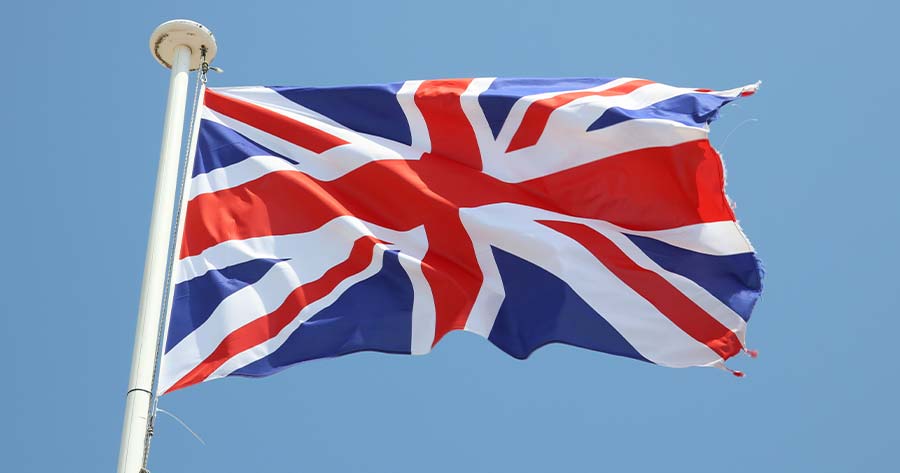Rachel Reeves, the UK’s Finance Minister, said on Wednesday that the capital gains tax for most assets would increase from 10% to 18% at the lower rate and from 20% to 24% for bigger earners. She added that the increasing tax would raise GBP 2.5 billion.
The increasing tax would bring the rate of most assets in line with the payable rate on property, which Reeves affirms would be maintained at 18-24%.
Reeve said that the increasing tax is to help promote entrepreneurship, and wealth creation and push economic growth while raising state revenue to fund public services and restore the nation’s finances.
Even with the increased tax, the UK would still be the European G7 country with the lowest capital gains tax rate.
Capital gains tax is a duty on a profit of more than GBP 3,000 from sold assets. The rate depends on the amount of income tax the person pays, and the gain from the sale itself.
Reeves also stated that the capital gains tax on carried interest would also be increased from 28% to 32%, she reasoned that while the fund management industry is vital to the UK’s economy, the taxation on carried interest needs to be fairer.
According to Reeve, to encourage investment among entrepreneurs, the lifetime limit for Business Asset Disposal Relief would be kept at GBP 1 million, and the tax rate would remain at 10% for this year. In April 2025, the rate would be increased to 14%, and 18% 2026-2027.
Reeves added that the Office for Budget Responsibility said the measure would raise GBP 2.5 billion by the end of the forecast.
In the last financial year, capital gains tax raised GBP 15 billion, worth around 4% of all income tax, which is much lower than the upper rate for income tax.
This has led to many self-employed people to convert their ordinary income into capital gains.
Usually, the capital gains tax is not charged on the sale of primary residence, but it would be charged on the sale of other property.




